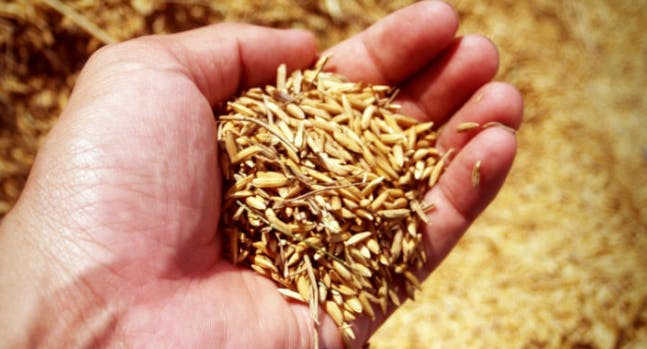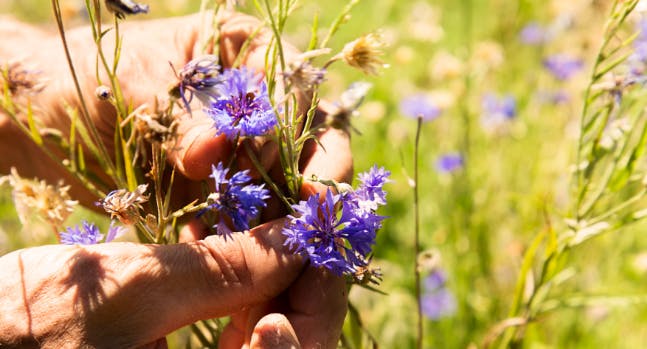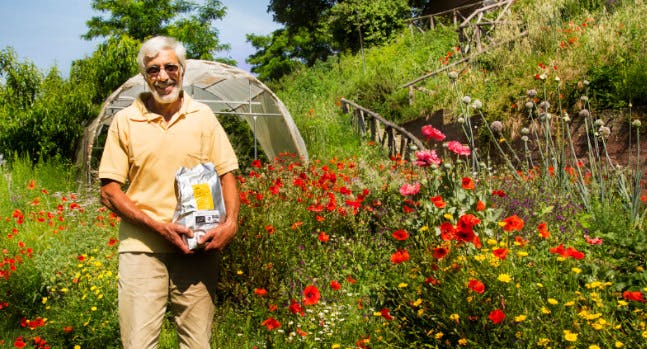In 2018, Eataly launched the Bee the Future project to sow 100 hectares with flowers loved by bees and restore biodiversity to some Italian agricultural areas where it is being lost.
Without bees, apricots, strawberries, cherries, apples, pears, citrus, peaches, kiwis, chestnuts, plums, almonds, melons, garlic, tomatoes, cucumbers, cabbages, radishes, asparagus, courgettes, carrots and onions would disappear from our tables, in other words 70 of the top 100 crops in the world (source Fao).
The Bee The Future project seeks to go back to our roots, to the land and agriculture, through a three-year commitment sowing 100 hectares in Italy with flowers bees love. Objective: to bring back plant biodiversity in those areas where it is disappearing due to agricultural methods based on high yields.


